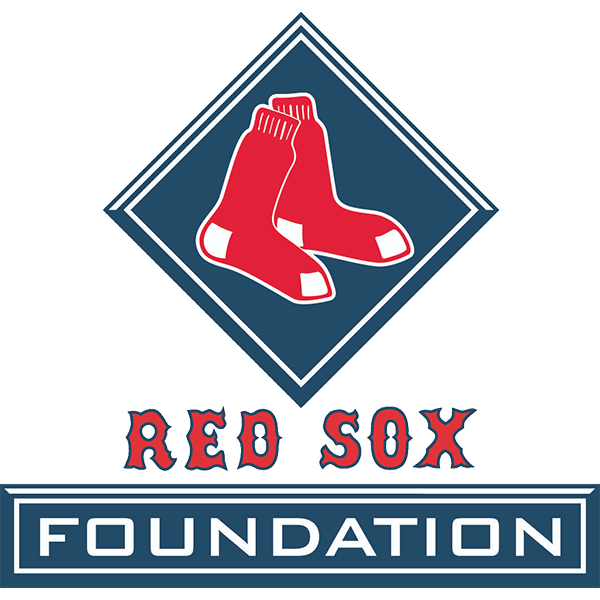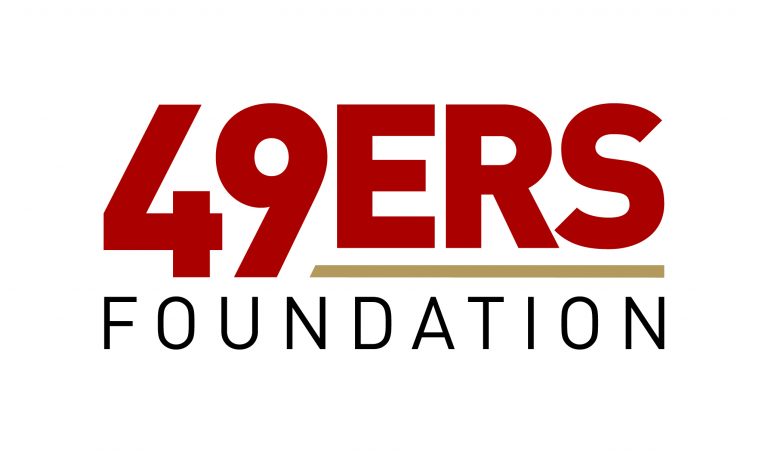The RISE Framework for Social Change
Rebecca Riccio, Khaled & Olfat Juffali Director, Social Impact Lab, Northeastern University
The RISE Framework organizes the characteristics that position a nonprofit organization to fulfill its mission effectively, efficiently, and ethically into the categories of: Relevance, Impact, Sustainability, Excellence in Management and Operations. The framework can be used by nonprofit leaders as a dashboard for assessing and building their organizational capacity and by donors seeking to support the work of high-performing organizations. The RISE Framework is aspirational and adaptable, not definitive or rigid.
Assessing an organization’s RELEVANCE:
Relevance determines if the organization is meaningfully connected to the people and community it works with; the need or problem it is addressing; and the other people and entities that have a stake in it. The org should strive to:
- Authentically and meaningfully connect to and engage with the individuals and community it serves and engages them as part of the solution.
- Understand the ecosystem it inhabits; the forces that converge to generate the need or problem it addresses; and the various levers of change that can be pushed to address it.
- Know what other actors or stakeholders are affected by or engaged with this need or problem and works collaboratively with them when appropriate.
- Clearly articulate the nature and scope of the unmet or insufficiently addressed need using data, evidence, and community input.
- Understand what is known about “what works” (and what doesn’t) in relation to the need or problem and has identified a real opportunity to effect change.
Practical Questions when examining RELEVANCE:
Consider asking these questions when to determine an organization’s relevance; remember, relevance looks different for each organization.
- How has the organization brought members of the community it serves to the decision-making table?
- Are community members serving on the board?
- What is a meaningful way for the organization to gather information from the community it serves?
- How and when does the organization leverage partnerships with other stakeholders to better serve the community?
- Does the mission statement articulate the issue it is addressing?
- Is there evidence and data provided that underscores their work?





